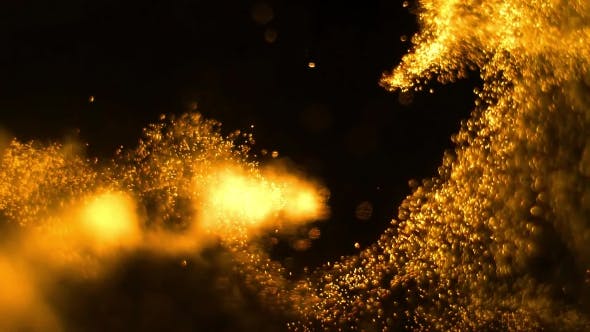
Killer cosmic rays from nearby supernovae could be the culprit behind at least one mass extinction event, researchers said, and finding certain radioactive isotopes in Earth.

The star with the smallest orbit is known as S62. Its closest approach to the black hole has it moving more than 8% of light speed. S62 orbits our supermassive black hole Sagittarius A every ten years.

Can a massive star collapse into a black hole without first exploding in a supernova blast? That’s at least one explanation for the disappearance of a star 2.5 mil times brighter than the sun in a dwarf galaxy 75 mil light years away.

Magnetars generate the absolute most powerful magnetic fields the cosmos has ever seen – and astronomers have recently spotted a newborn. It appears to be the youngest- ever magnetar ever detected.

Astronomy is advancing to the point where we can see planets forming around young stars. This was an unthinkable only a few years ago. It was only two years ago that astronomers captured the first image of a newly-forming planet.

A Milky Way magnetar called SGR 1935+2154 may have just massively contributed to solving the mystery of powerful deep-space radio signals that have vexed astronomers for years.

Astronomers have spotted the brightest and most energetic supernova ever recorded. The event, known as SN2016aps, may have been the result of two stars merging and then exploding.

Scientists identified the cause of the unusual single-sided pulsation of the star named HD 74423. It is located in a binary star system with a red dwarf - its close companion distorts the oscillations with its gravitational pull.

Follow the story of golden atoms from their birth in stellar explosions via incorporation into formation of our planet to their coming together in a golden nugget and appearance in the Earth's crust.

The star will go supernova at the end of its life, but that’s not projected to happen for tens of thousands of years or so. However, the great dimming of Betelgeuse continues.

This star is going to go nova (not supernova) by 2083. V Sagittae is in the constellation Sagitta and is s about 1100 light years from Earth. When the brightening happen, it will be historic. V Sge will appear startlingly bright in the night sky.

Astronomers have found six objects orbiting Sagittarius A* that are unlike anything in the galaxy. These objects look like gas but behave like stars. They are so peculiar that they have been assigned a brand-new class - what astronomers are calling G objects.

Betelgeuse in constellation of Orion is looking markedly faint, the faintest it has been for the 21st century. Betelgeuse is a nearby supernova candidate. Its transformation into Type II supernova could occur 100,000 years from now… or tonight.

A comparative analysis of historical and contemporary astronomical data has resulted in the discovery of approximately 100 star-like objects that unexpectedly vanished. These strange occurrences are likely natural, but scientists say alien technology is a remote possibility.

In the first observation of its kind, astronomers using the Very Large Telescope in Chile have found evidence of a Neptune-size planet orbiting a white dwarf, the collapsed remnant of a Sun-like star that has run out of nuclear fuel.